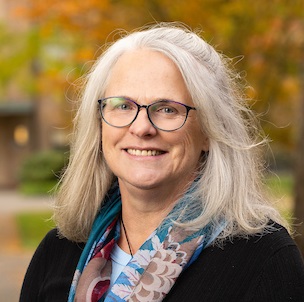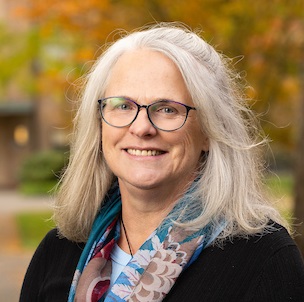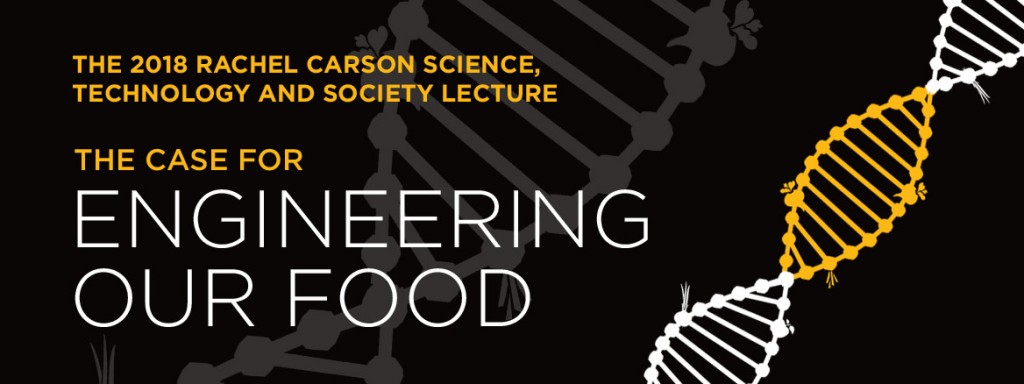Page 2 • (12,580 results in 0.065 seconds)
-
Darwin Day honors scientific inquiry, persistence, and curiosity. Held every February 12th - marking the birth of Charles Darwin on that day in 1809 - universities and scientific communities around
Departments will celebrate Darwin Day with science-themed activities – we’d love to have you join us! Explore plant and animal specimens from our natural science collections Learn about the evolution of plants, animals, and language Play a natural selection game Ask real-live biologists and psychologists your questions Enjoy a slice of cake for Darwin’s birthday Pick up some free science-themed Valentine’s Day cards Learn more about Darwin Day here! The Biology Department has several bird, mammal, and
-
9:55 a.m. | March 5 | Regency Room Click here to see a recording of Dr. Ara Norenzayan's talk! Who: Dr.
Keynote SpeakersAra NorenzayanLoretta RossJamal RahmanDean SpadeSeth HolmesDenise DresserKwame Anthony AppiahMitri RahebAra NorenzayanReligious Divides and the Expanding Circle of Cooperation 9:55 a.m. | March 5 | Regency Room Click here to see a recording of Dr. Ara Norenzayan’s talk! Who: Dr. Ara Norenzayan Title: Professor of Psychology, University of British Columbia; Co-director of UBC’s Centre for Human Evolution, Cognition, and Culture (HECC) Bio: Ara Norenzayan, a social psychologist
-

By Sarah Cornell-Maier. Understanding the function of the human brain is a truly enlightening experience, especially when you tie brain research into the newest developments in computer technology, creativity, and innovation studies. Recently, I got the opportunity to sit down at Pacific Lutheran University with…
because of that there is a constant evolution of ideas and theories. “Innovative technology and innovative thinking have essentially created the subfield of Neuropsychology,” said McLaughlin. “We can actually go in and see neurons firing in a live human, which is incredible.” Why Innovation Studies is a Good Minor for Psychology Students Psychology as a major is fairly straightforward in a university setting. At PLU, for example, you study psychological theories and research methods while building
-

Professor of Biology | International Honors | ellardma@plu.edu | 253-535-7357
Mary Ellard-Ivey Professor of Biology she/her/hers Phone: 253-535-7357 Email: ellardma@plu.edu Office Location: Rieke Science Center - 144 Professional Education Ph.D., Molecular Biology, University of British Columbia, 1994 M.S., Botany, University College Dublin, 1988 B.S., Botany, University College Dublin, 1987 Areas of Emphasis or Expertise Plant responses to the environment Selected Presentations Department of Botany and Plant Pathology, A Passion for Pedagogy, University of Oregon
Area of Emphasis/Expertise -

Professor of Biology | Department of Biology | ellardma@plu.edu | 253-535-7357
environment Selected Presentations Department of Botany and Plant Pathology, A Passion for Pedagogy, University of Oregon (February 22, 2018) Biology Department Seminar, Adventures in signaling: Plants, phosphate, phenylpropanoids, phosphatases, and phenolics, Pacific Lutheran University (2015) Accolades PLU Women’s Center. (r)Evolution!: Celebration of Inspirational Women, 2016 Best Undergraduate Research Paper in Cell and Molecular Biology awarded to Raelynn Endicott (undergraduate student) and M.J
Office HoursWed: 11:40 am - 1:30 pmThu: 10:30 am - 11:30 amMon - Fri: -Area of Emphasis/Expertise -
Students are encouraged to do research with a faculty member during their undergraduate experience at PLU.
ecology of bivalves. These projects involve undergraduate student researchers at PLU and collaborators from the University of Washington and Harbor WildWatch. Jacob Egge As an evolutionary biologist and systematist, my primary research interests involve using the tools of phylogenetic systematics to help answer questions about speciation, phylogeography, relationships among species, and morphological evolution. I am an ichthyologist by training and I work primarily with North American freshwater
-

TUESDAY | MARCH 6, 2018 | 7:30PM | ANDERSON UNIVERSITY CENTER – CK @ PLU The Innovation Studies program at PLU would like to draw attention to an important event on campus with much value for our students and faculty: The 2018 Rachel Carson Science,…
Department of Plant Pathology and the Genome Center at the University of California, Davis. Dr. Ronald also serves as founding director of the UC Davis Institute for Food and Agricultural Literacy and will be speaking on genetically modified organisms while at PLU. Supported by a generous endowment from George L. and Helen B. Long, the Rachel Carson Science, Technology & Society lecture is designed to bring leading experts in the fields of science and technology to campus to address the PLU community
-
For either the Bachelor of Arts or Bachelor of Science degree, the student must take our introductory core sequence (BIOL 225 and 226) and a semester of genetics (BIOL 330).
of birds that are unique among the vertebrates. Laboratory emphasis on field identification, taxonomy, and anatomy/topology. Prerequisite: BIOL 226 or consent of instructor. (4) BIOL 356 : Economic and Cultural Botany Botany of plants used by humans in a global context; traditional and contemporary uses of plants. General plant morphology and anatomy, overview of taxonomy of plants useful to humans, evolution of plant secondary metabolites, medical botany (medicines, poisons, psychoactive plants
-
Biology Courses Take the following two required introductory biology courses: BIOL 225: Molecules, Cells and Organisms BIOL 226: Genes, Evolution, Diversity and Ecology You might also consider some
transferring to PLU, we recommend that you consult the following interactive equivalency guide to ensure that you are taking the correct courses for your intended major. For example, BIOL 211, 212 and 213 at Pierce College in Puyallup is equivalent to BIOL 225 and 226 at PLU.Biology Courses Take the following two required introductory biology courses: BIOL 225: Molecules, Cells and Organisms BIOL 226: Genes, Evolution, Diversity and Ecology You might also consider some of the following upper division
-
Biology Courses Take the following two required introductory biology courses: BIOL 225: Molecules, Cells and Organisms BIOL 226: Genes, Evolution, Diversity and Ecology You might also consider some
transferring to PLU, we recommend that you consult the following interactive equivalency guide to ensure that you are taking the correct courses for your intended major. For example, BIOL 211, 212 and 213 at Pierce College in Puyallup is equivalent to BIOL 225 and 226 at PLU.Biology Courses Take the following two required introductory biology courses: BIOL 225: Molecules, Cells and Organisms BIOL 226: Genes, Evolution, Diversity and Ecology You might also consider some of the following upper division
Do you have any feedback for us? If so, feel free to use our Feedback Form.


